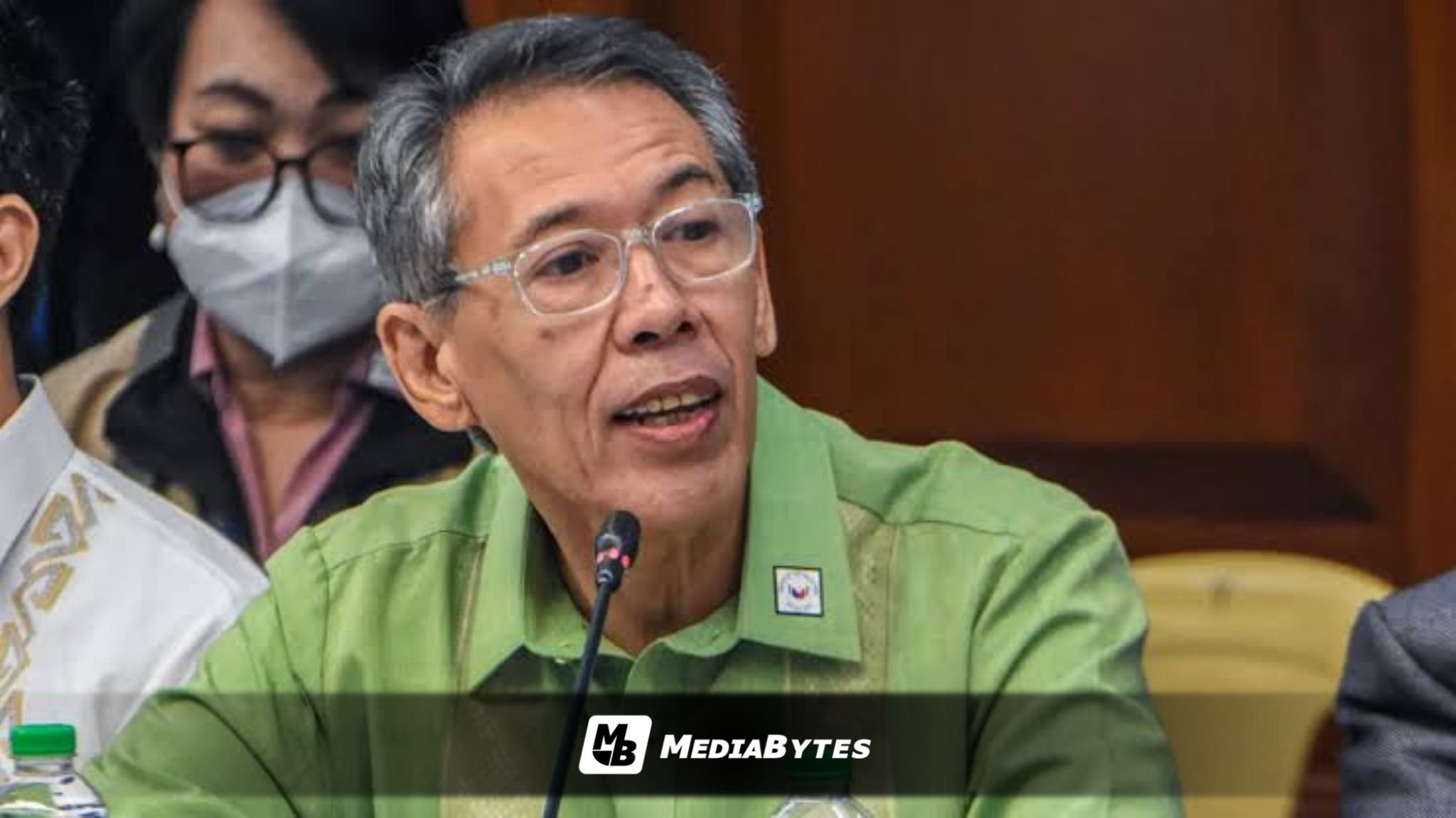Akbayan Party-list Representative Chel Diokno has spoken out following the acquittal of former Senate President and now Presidential Chief Legal Counsel Juan Ponce Enrile, his former chief-of-staff Gigi Reyes, and businesswoman Janet Lim-Napoles—the alleged mastermind behind the pork barrel scam—in connection with 15 counts of graft related to the misuse of the Priority Development Assistance Fund (PDAF).
In a Facebook post on Saturday, October 25, Diokno shared a news photo of Enrile, Reyes, and Napoles along with a reflection on the challenges faced by witnesses and prosecutors in long-drawn corruption cases.
“When the trial of a corruption case takes a decade or more, witnesses are vulnerable: their memories can fade, they can easily lose interest in testifying (‘kasi wala namang nangyayari’); and they may no longer be available to testify because they have to work abroad, get sick, or die of natural or unnatural causes,” Diokno wrote.
He noted that both witnesses and prosecutors become “vulnerable” when trials drag on for too long, often leading to disinterest or even compromise.
“Prosecutors are just as vulnerable. Like witnesses, they can lose interest in prosecuting the case, or succumb to offers of promotion or financial gain in exchange for ‘going easy’ on the accused […]” Diokno added.
The lawmaker lamented that prolonged corruption cases not only favor the accused but also erode the public’s trust in the justice system.
“Prolonged corruption trials not only favor the accused; they also destroy public confidence in the justice system, and corrode the people’s faith in the ability of the government to hold corrupt officials accountable—paving the way for corruption to be normalized and for impunity to take hold,” he emphasized.
Diokno also revealed that during a recent budget hearing, he was alarmed to learn that hundreds of corruption cases have remained pending before the Sandiganbayan for more than two decades.
“When the judiciary recently appeared before the House of Representatives to defend its budget, I was shocked to learn that there are hundreds of corruption cases that have been pending in the Sandiganbayan for over 20 years. This is totally unacceptable in a country like ours where the people are demanding public accountability,” Diokno said.
He insisted that no corruption trial should last longer than three years, with appeals resolved within two.
“No corruption trial should last longer than 3 years maximum; and no appeal should take longer than 2 years,” Diokno stressed.
He underscored that the true victims of corruption are the Filipino people, whose taxes should be improving their lives instead of enriching those in power.
“Corruption cases deserve the highest priority because the victims of corruption are all of us—the people—ordinary citizens whose taxes should go to improving their quality of life, not fattening the wallets of those entrusted with government authority,” he added.
Diokno concluded by urging the Supreme Court to impose strict time limits on corruption trials and appeals to ensure that justice is both swift and meaningful.
“When justice is delayed in corruption cases, justice is not only denied—it is desecrated. Kaya nananawagan tayo sa Korte Suprema to impose strict time limits on the trials and appeals of corruption cases,” Diokno said.



